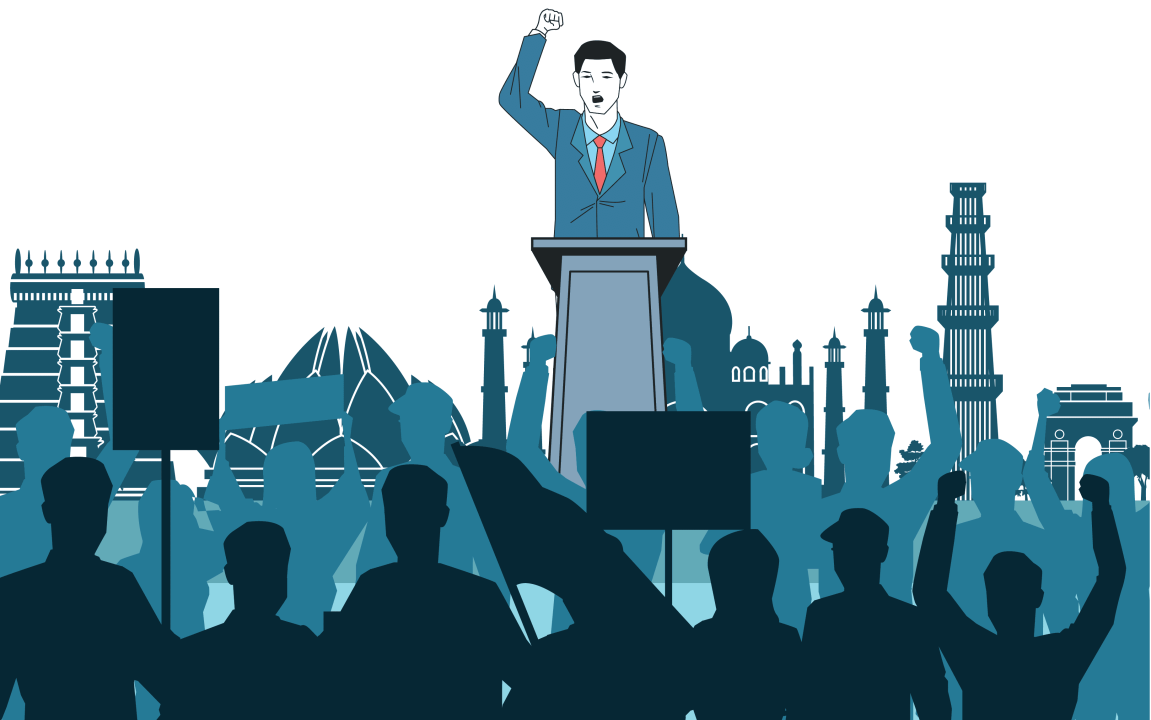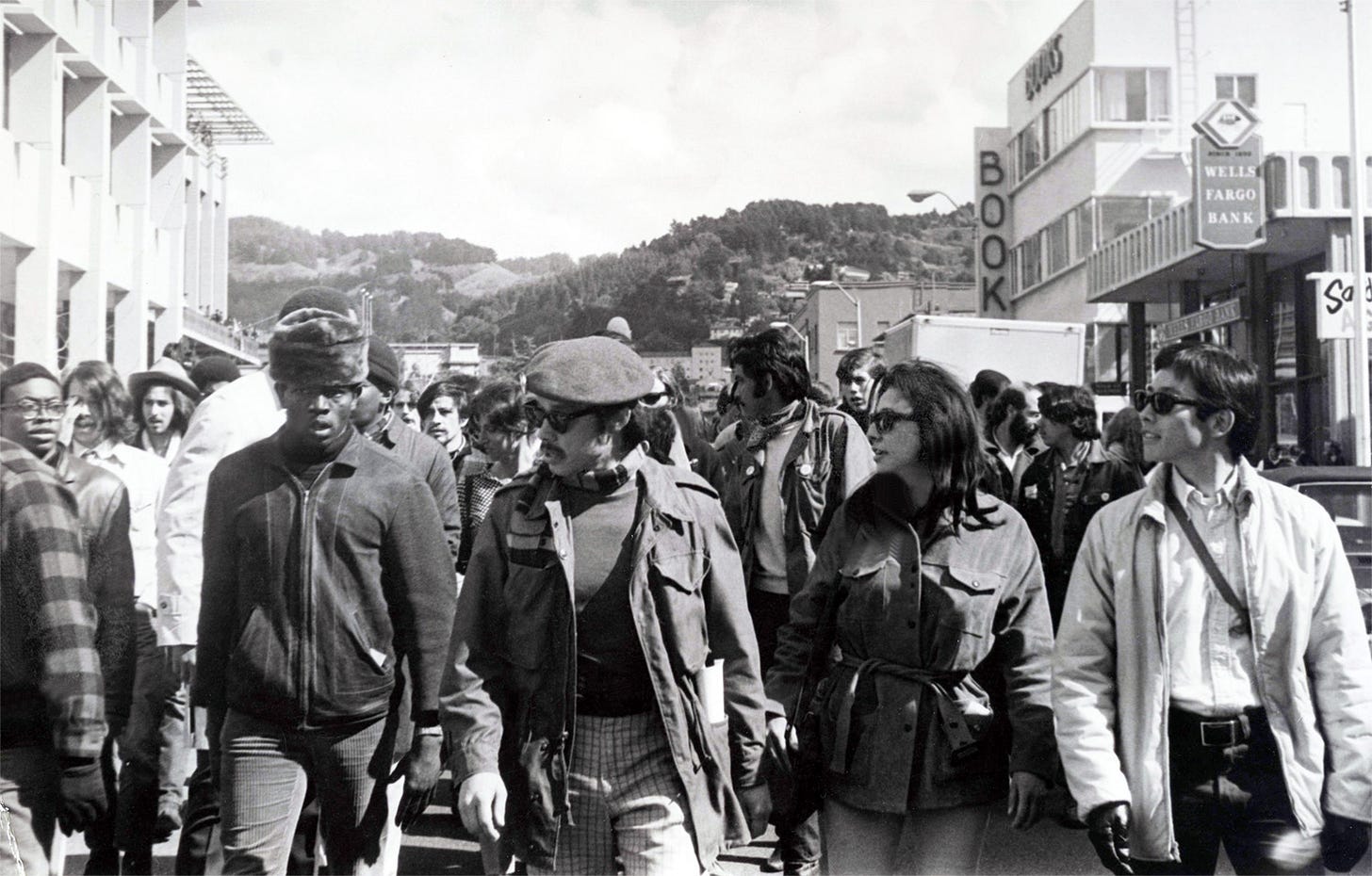“Black girls all over the country are going to have a great sense of pride” if Kamala Harris is elected President, says James Taylor, professor of Black history at the University of San Francisco. “But that’s as much as they can expect.”
Taylor, former President of the National Conference of Black Political Scientists, continues:
“Blacks have always tried to come up with a presidential strategy to see if that would give them liberation, but they were disappointed after Barack Obama didn’t bring anything more than symbolic representation. I’m suggesting that Kamala Harris at best can support traditional Democratic party party policies. In most instances, she’s going to maintain the status quo. She’s not a revolutionary.”
Triply-oppressed Black girls getting a sense of great pride through symbolic representation is no inconsequential thing. It’s also far from enough for them, or anyone else. So what would actual representation even mean?
Presidential races are framed as contests to decide who will really represent the nation. The first objection against a politician’s bad policies isn’t even that they’re bad. It’s not they’re not truly representative: “Not my President!” There’s reasonable concern for demographic representation in non-elected positions, whether in media and mass culture or executive suites. And though we think of political representation as a product of voting booths, representation in the contemporary world goes beyond democratic legitimation. You don’t necessarily need poll results to claim that your party is the rightful representative of the Hungarian people or Korean working and peasant masses, etc.
While the New Left of the 1960s spoke of power, today we participate in a hegemonic discourse of representation. As I wrote in Notes From Below:
It is no longer fashionable to talk of self-determination in many circles. The key problem for marginalized peoples is no longer power, we are told, but visibility. Our primary strategic objective must be to be represented: on screen, in text, in the boardroom. Which raises the question: to what end?
This is not to say that stereotypes are banal or the existence of positive role models is a triviality. The mystery is not why representation matters, but why it is said to matter so much to the exclusion of so much else.
In other words: so what? Being unrepresented is certainly a bad thing. But if representation is the key to everything—dignity, human value, political legitimacy—we should probably be able to identify why it’s so uniquely important.
And here’s the kicker: to be represented in a space means that we aren’t even there. We aren’t present on the screen or in the Oval Office. We aren’t reaping the generous benefits that come with the C-suite office. Instead, we’re represented, made re-present, in elite spaces we’re actually physically barred from. A person doesn’t represent themselves; they’re only represented by others.
If you find this article useful, please like or comment with your thoughts.
Representation in media matters because we can’t all be Hollywood celebrities or pop stars. But political representation is a different beast entirely. Representative democracy is a fraught concept because while democracy is the idea that we all can deliberate and decide, representation means that we can’t.
This post has been syndicated from In Struggle, where it was published under this address.


